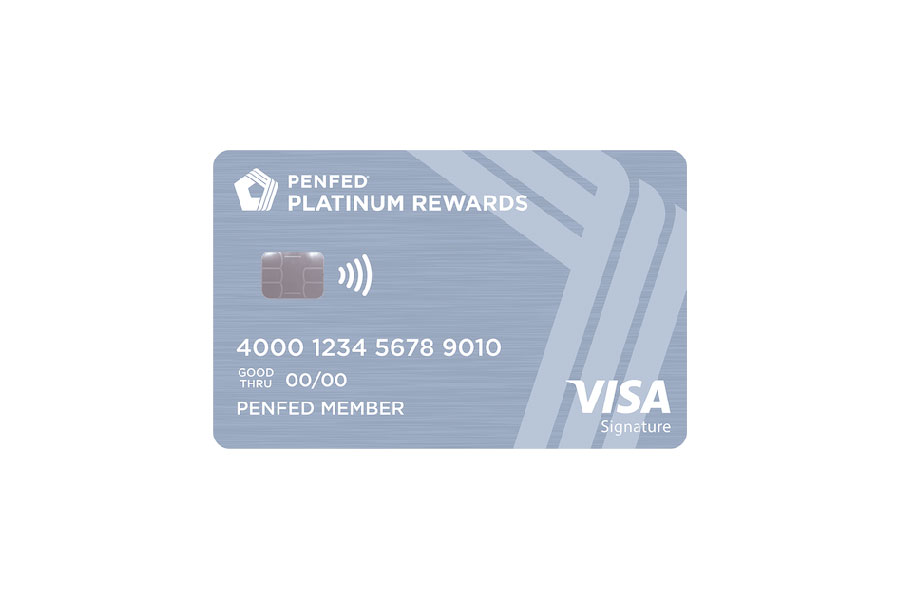Imagine a gatekeeper that holds the power to significant milestones in your life – the ability to buy a house, get approved for an auto loan, or even secure a job. This gatekeeper, known as your credit score, is a fundamental aspect of your financial health.
Having a low credit score may feel like you’re boxed into a financial corner. But there’s good news: credit repair can help you regain control. In this article, we take a look at credit repair, focusing on one critical question: How long does it take?

How long does credit repair take?
The truth is, repairing a low credit score doesn’t happen overnight. It’s a process that requires patience, diligence, and consistency. The length of the credit repair process varies greatly depending on the severity of the negative marks on your credit report, the steps you take to repair it, and how diligently you work to rebuild credit.
Generally, you can expect the credit repair process to take anywhere from a few months to a couple of years. However, keep in mind that credit bureaus have up to 30 days (often a few days more) to respond to disputes, so even a handful of dispute letters can take months to resolve.
DIY vs. Hiring a Credit Repair Company
When it comes to credit repair, you’ll face a crucial decision: to take the DIY route or to hire a professional credit repair service. Both paths have their merits and challenges.
DIY Credit Repair
Doing your own credit repair starts with obtaining a free copy of your credit report from each of the three major credit bureaus. Once you have these reports in hand, you’ll need to comb through them for errors or inaccurate negative information. If you find any discrepancies, you’ll need to write a dispute letter to each credit bureau that lists the error.
The DIY route can save money, but it requires a fair amount of time, patience, and organization. It also requires you to have a good understanding of credit laws and regulations, including the Fair Credit Reporting Act (FCRA).
Hiring a Credit Repair Company
On the other hand, enlisting the help of a credit repair company can take some of the burdens off your shoulders. These companies are staffed by credit pros who understand the ins and outs of credit laws and can handle the dispute process on your behalf.
However, not all credit repair companies are created equal. Be sure to do your research and choose a reputable credit repair organization that won’t charge you until they perform their services.
Is it faster to repair credit yourself or hire a credit repair service?
The speed of your credit repair largely depends on the complexity of your case and how quickly you can gather necessary documentation and file disputes. Some people might find that the process moves faster with credit repair services, given their expertise and familiarity with the credit bureaus. However, others might prefer the control and potential cost savings of the DIY route.
Understanding the Credit Dispute Process
A credit dispute is initiated when you challenge the accuracy of information on your credit report. You’ll need to send a dispute letter to the credit bureau that contains the error, and they have up to 30 days to investigate the issue. If they find that the information is indeed inaccurate, they’re required by law to correct it.
Steps to Speed Up the Credit Repair Process
While there’s no quick fix for a bad credit score, there are steps you can take to expedite the credit repair process.
- Dispute Errors Promptly: As soon as you notice errors in your credit reports, dispute them. The sooner the credit bureaus can start the investigation, the sooner they can correct any inaccurate information.
- Pay On Time: Your payment history makes up 35% of your FICO score. Consistent on time payments can help boost your credit rating over time.
- Lower Your Credit Utilization Ratio: Credit utilization is the ratio of your credit card balances to your credit limits. If your ratio is high, it can hurt your credit scores, so aim to keep this ratio below 30%.
- Avoid New Debt: Each time a potential lender checks your credit, it can cause a small, temporary dip in your credit score. Multiple credit inquiries in a short time can add up.
- Get Help: If you’re overwhelmed by the credit repair process, consider working with a credit repair service or nonprofit credit counseling organization. They can provide personalized advice and guidance.
Understanding the Fair Credit Reporting Act (FCRA)
The FCRA is a U.S. federal law that regulates the collection, dissemination, and use of consumer credit information. Among its many protections, it gives consumers the right to one free disclosure every 12 months from each credit bureau. It also provides consumers with the right to dispute incomplete or inaccurate information in their credit reports.
How Long Do Negative Items Stay on Your Report?
Negative items on your credit report can significantly lower your credit score. Understanding how long these items stay on your report can provide a timeline for when you might start seeing improvements in your credit score. Here’s a breakdown of common negative items and their typical durations:
Negative Items Lasting Seven Years
A variety of negative items can remain on your credit report for seven years. These include missed payments, charge-offs, collections accounts, foreclosures, short sales, settled accounts, repossessions, and court judgments.
Negative Items Remaining for Ten Years
- Bankruptcy: Chapter 7 bankruptcies, which involve the liquidation of your assets to pay off your debts, can remain on your credit report for up to ten years from the filing date. Chapter 13 bankruptcies, which involve a repayment plan, typically stay on your report for seven years but can remain for up to ten years.
Negative Items Remaining Indefinitely
- Unpaid Tax Liens: If you have an unpaid tax lien, it can stay on your report indefinitely. However, once paid, tax liens will generally be removed seven years from the date they were paid.
It’s worth noting that while these negative items can stay on your credit report for a long time, their impact on your credit score diminishes as they age. Additionally, positive behavior, such as making your payments on time and keeping your credit utilization low, can help to offset the damage from these negative items over time.
What else can I do to rebuild my credit?
Building a solid credit history involves more than just correcting past mistakes. It also requires taking proactive steps to build a positive credit history. Here are some strategies to consider:
Get a Secured Credit Card or Credit Builder Loan
For those with a bad credit score or no credit history, secured credit cards or credit builder loans can be effective tools. A secured credit card requires a deposit that serves as your credit limit. As you use the card responsibly and make timely payments, you demonstrate to the credit card issuer your ability to manage debt, which can help to build credit.
Credit builder loans work in reverse. Instead of receiving the borrowed money upfront, it’s held by the lender in a savings account while you make payments. Once the loan is paid off, you get the money. The lender reports your on time payments to the credit bureaus, helping you build a positive payment history.
Pay Your Credit Card Balance in Full
Paying your credit card bill in full each month achieves two important goals. First, you avoid interest charges that can quickly add up and lead to substantial credit card debt.
Second, by not carrying a balance month to month, you’ll keep your credit utilization ratio—the percentage of your available credit you’re using—low. A lower credit utilization ratio will result in a higher credit score.
Don’t Close Old Credit Cards
Even if you no longer use an older credit card, keeping it open can be beneficial for your credit score. That’s because the length of your credit history plays a role in your credit score calculation, and older accounts help to increase that history. Of course, make sure there’s no annual fee, or the cost may outweigh the benefit.
Limit Hard Inquiries
Each time you apply for new credit, the lender performs a hard inquiry on your credit report to determine your creditworthiness. This can cause a small, temporary drop in your credit scores.
While one or two inquiries won’t cause much damage, multiple inquiries in a short time can add up. It’s important to apply for new credit only when necessary.
Diversify Your Credit Mix
Having a variety of credit types—credit cards, auto loans, personal loans, mortgages—on your credit report can be beneficial for your credit scores. This is known as credit mix and it shows lenders that you can manage different types of credit responsibly. However, it’s important not to take on debt you can’t afford just to diversify your credit mix.
Bottom Line
Repairing your credit takes time, diligence, and a strategic approach. Whether you decide to tackle it on your own or hire a credit repair company, the key is to remain patient and consistent.
Remember, your credit score is not just a number; it’s a reflection of your financial health and credibility. With time, effort, and the right approach, you can achieve a good credit score and open up new financial opportunities.



